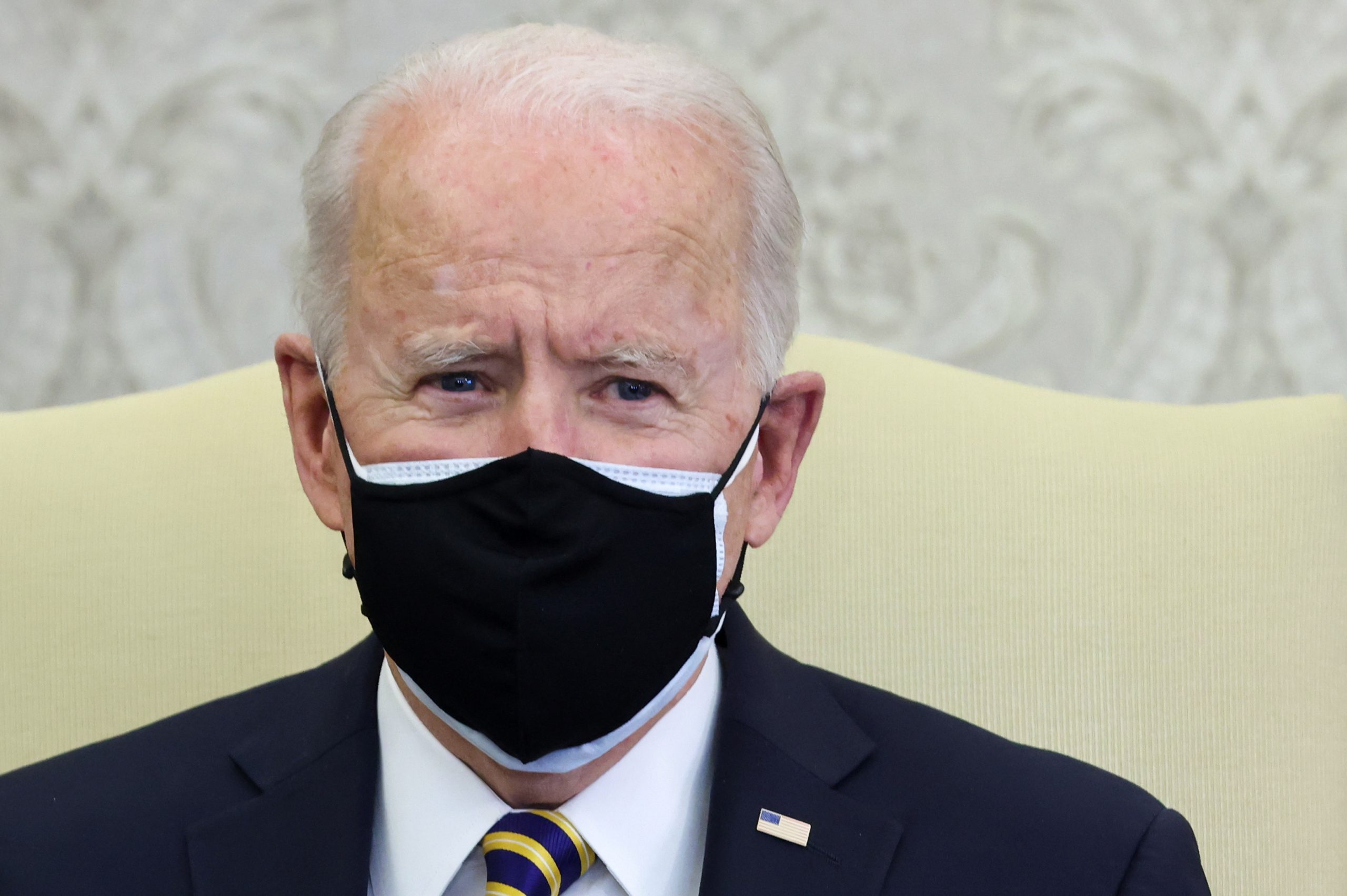Instances of presidents claiming powers not afforded to them in the Constitution have become commonplace in the American political landscape, but it is rare that those presidents do it so blatantly.
On Tuesday, President Joe Biden did a full 180 from what his administration admitted it did not have the power to do by instituting a new eviction ban.
The previous moratorium’s extension expired on the final day of July, prompting questions from reporters on the likelihood of a renewal.
In a news conference just two days after the expiration, White House press secretary Jen Psaki suggested that Biden was looking at all options to keep residents in their homes. This included encouraging state and local authorities to “extend or pass” their own moratoriums, Psaki said, according to a White House transcript.
Psaki made it clear the administration was keeping its options open, but when asked why Biden would not take executive action now and deal with litigation after, she replied that “he’s not going to take a step without legal authority to do so.”
This inability to act refers back to the Supreme Court’s decision not to lift the previous eviction ban. However, in a concurring opinion, Justice Brett Kavanaugh said he decided not to strike down the moratorium in part because the ban was set to expire on July 31.
“The CDC plans to end the moratorium in only a few weeks, on July 31, and because those few weeks will allow for additional and more orderly distribution of the congressionally appropriated rental assistance funds,” he wrote.
But Kavanaugh said he believed congressional action was needed to extend the moratorium.
“In my view, clear and specific congressional authorization (via new legislation) would be necessary for the CDC to extend the moratorium past July 31,” he wrote.
Congress has yet to pass such legislation.
The Biden administration, for its part, emphasized that it does not have the authority to re-impose an eviction moratorium.
“On this particular issue, the president has not only kicked the tires; he has double, triple, quadruple checked,” White House official Gene Sperling said at Monday’s news conference.
“He has asked the CDC to look at whether you could even do targeted eviction moratorium — that just went to the counties that have higher rates — and they, as well, have been unable to find the legal authority for even new, targeted eviction moratoriums.”
Yet the very next day, the Biden administration’s Centers for Disease Control and Prevention announced an eviction moratorium in areas of “substantial and high transmission” of COVID-19. This designation currently accounts for the majority of counties in the country, as the CDC noted.
This decision shows Biden’s willingness to abandon the Constitution in favor of expediting his own political agenda.
While there was ample time to pass another measure legally, the Democrats were unable to come together and vote as a block, with a handful of moderates in the party raising objections to extending the ban.
With the moderates clogging the pipeline, Biden gave into the far-left wing of his party, as he has done many times in the infancy of his presidency.
“The CDC extended the moratorium not once, but three times. We made clear when we did the last extension that that would likely be the last extension because of the legal limitations,” Psaki said in the news conference.
Biden even acknowledged Tuesday that his administration did not have the constitutional authority to unilaterally issue an eviction moratorium.
“I have been informed [the CDC is] about to make a judgment as to potential other options. Whether that option will pass constitutional measure with this administration, I can’t tell you. I don’t know,” Biden said, according to The Washington Post. “The bulk of the constitutional scholarship says that it’s not likely to pass constitutional muster … but there are several key scholars who think that it may and it’s worth the effort.”
The fact that the Biden administration came to this decision after stating in certain terms that its hands were tied legally demonstrates a clear disregard for both the rule of law and the role of the judiciary in America.
This article appeared originally on The Western Journal.

























 Continue with Google
Continue with Google